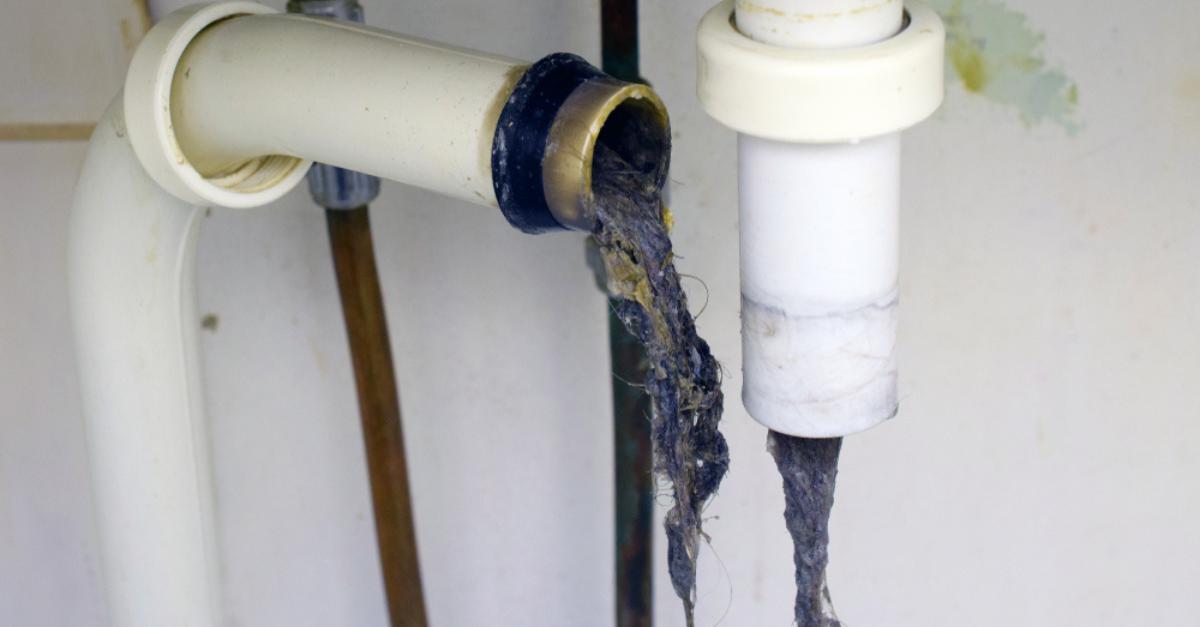Effective Drain & Pipe Cleaning: A Comprehensive Guide
Drain and pipe cleaning is an essential home maintenance task that prevents costly plumbing emergencies and extends the life of your plumbing system. Whether dealing with slow drains, complete blockages, or simply performing routine maintenance, understanding proper cleaning techniques can save you significant time and money. From hair and soap scum in bathroom drains to grease buildup in kitchen pipes, different drains face unique challenges requiring specific approaches. This guide explores professional and DIY methods to keep your drainage systems functioning optimally.

How to Clean a Bathroom Sink Drain
Bathroom sink drains frequently accumulate hair, soap residue, and toothpaste, causing slow drainage and unpleasant odors. For a basic cleaning, remove the drain stopper by unscrewing or lifting it out, depending on your sink model. Use a bent wire hanger or drain claw to pull out visible debris. Once the visible material is removed, pour half a cup of baking soda followed by half a cup of vinegar down the drain. The resulting chemical reaction helps dissolve organic matter. After 15-30 minutes, flush with hot water.
For more stubborn clogs, a plunger designed for sinks can create enough pressure to dislodge blockages. Place the plunger over the drain opening, ensuring it creates a seal, then push and pull rapidly several times. If these methods fail, a manual drain snake (also called an auger) can reach deeper into the pipe to break up or retrieve blockages that form further down the drainage system.
Drain Cleaning Machine Brands
Professional-grade drain cleaning equipment offers powerful solutions for persistent or deep blockages. Ridgid, a well-respected brand among professionals, manufactures various drain machines, including the K-400 for medium-sized drains and the powerful K-7500 for larger sewer lines. These machines combine durability with performance and are considered industry standards.
Milwaukee Tool offers cordless drain cleaning options that provide excellent mobility without sacrificing power. Their M18 FUEL Drain Snake is particularly popular for its balance between portability and effectiveness. DEWALT’s DCD200B is another portable option with a powerful brushless motor that handles tough clogs efficiently.
For homeowners seeking more affordable options, General Pipe Cleaners produces the Mini-Rooter XP, which balances professional-grade capability with a more accessible price point. Ryobi also offers budget-friendly options through their 18V ONE+ system that work well for typical household clogs while remaining accessible to DIY enthusiasts.
How to Keep Bathroom Sink Drain Clean
Prevention is the most effective strategy for maintaining clear drains. Installing a mesh drain cover captures hair and larger debris before it enters your plumbing system. These inexpensive devices significantly reduce clog formation and are easy to clean regularly.
Weekly maintenance with hot water helps prevent buildup. Boil a kettle of water and slowly pour it down the drain to dissolve developing soap scum and light grease accumulation. For enhanced cleaning, a monthly baking soda and vinegar treatment (as described earlier) serves as excellent preventative maintenance.
Avoid pouring problematic substances down bathroom drains. Hair conditioners, oils, and certain beauty products can create stubborn residues when they cool and solidify in pipes. Similarly, disposing of makeup removal wipes, cotton balls, or dental floss in the toilet or sink can lead to serious blockages that require professional intervention.
Starting a Drain Cleaning Business
The drain cleaning industry offers promising entrepreneurial opportunities due to steady demand for these essential services. Initial investment typically includes equipment purchases, with basic startup costs ranging from £5,000 to £20,000 depending on the scale of operations. Core equipment includes various sized drain snakes, hydro-jetting equipment, inspection cameras, and a reliable vehicle to transport tools and equipment.
Proper licensing and insurance are crucial before beginning operations. Requirements vary by location, but typically include a plumbing license or specialized drain cleaning certification, general liability insurance, and possibly bonding. Professional certification through organizations like the Chartered Institute of Plumbing and Heating Engineering (CIPHE) can enhance credibility.
Marketing strategies should include developing a professional website optimized for local search terms, creating profiles on service directories, and establishing relationships with property management companies and plumbers who might refer overflow work. Providing emergency services often commands premium rates but requires 24/7 availability.
| Drain Cleaning Machine | Brand | Key Features | Price Range |
|---|---|---|---|
| K-400 | Ridgid | Medium drain lines, 75’ cable capacity | £500-£700 |
| PowerSpin+ | Draper | Manual operation, for small drains | £20-£40 |
| M18 FUEL Drain Snake | Milwaukee | Cordless, POWEREDRIVE feed system | £400-£550 |
| DCD200B | DEWALT | Brushless motor, variable speed | £350-£450 |
| Mini-Rooter XP | General Pipe Cleaners | 75’ capacity, wheel-mounted | £650-£850 |
Prices, rates, or cost estimates mentioned in this article are based on the latest available information but may change over time. Independent research is advised before making financial decisions.
The drain and pipe cleaning industry combines technical knowledge with practical skills. Whether you’re handling simple home maintenance or considering starting a professional service, understanding the proper techniques and equipment is essential. Regular maintenance prevents most serious drainage issues, while having knowledge of professional methods ensures you can address problems effectively when they occur. With the right approach, most drainage issues can be resolved efficiently, maintaining the functionality and extending the lifespan of your plumbing system.




